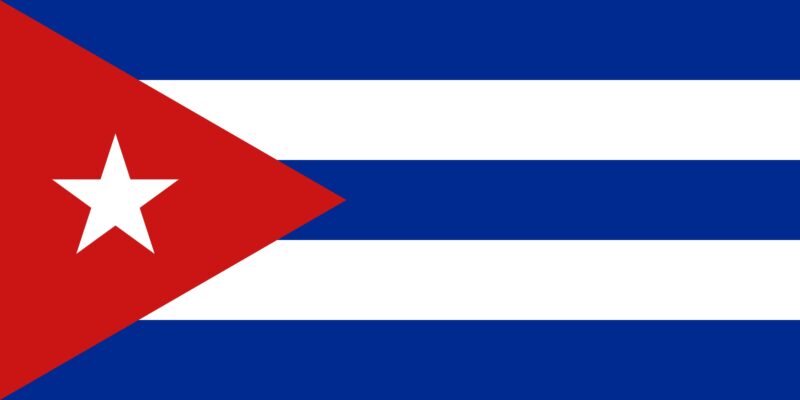An article in the August 28 edition of Granma reports on the press conference held on August 28 by Francisco Durán García, Director of Epidemiology at the Cuban Ministry of Public Health. According to the report, there have been 506 confirmed cases of Oropouche fever across Cuba to date. Durán García noted that there have been no severe cases or fatalities related to the disease so far. Although there have been cases with meningitis complications, all patients are reportedly recovering well. The outbreak has affected 15 provinces and 99 municipalities in the country.
On August 27, the Centers for Disease Control and Prevention (CDC) announced that 21 individuals who returned to the U.S. from Cuba tested positive for Oropouche fever.
There is currently no vaccine or specific treatment for Oropouche fever. If symptoms such as headache, joint pain, vomiting, diarrhea, and fever occur, it is important to seek medical evaluation for proper diagnosis. Dengue fever is also prevalent in Cuba, making it difficult to differentiate symptoms based solely on their presentation.
Oropouche virus is primarily transmitted to humans through bites from midges (Culicoides paraensis) or mosquitoes (Culex quinquefasciatus) that inhabit forested and riparian areas.
Effective personal preventive measures include:
• Using insect repellent on exposed skin.
• Wearing long-sleeved shirts and long pants to minimize skin exposure.
• Using screens or air conditioning indoors to prevent the entry of midges and mosquitoes.
• Using insecticide-treated mosquito nets during sleep and for naps when in areas with mosquitoes.
• Wearing insect-repellent treated clothing if needed.
When traveling abroad, adhere to these preventive measures and take care to avoid insect bites. If you experience any health issues while on-site, seek medical attention promptly. Following these precautions will help ensure your safety and health during your travels.





Comment